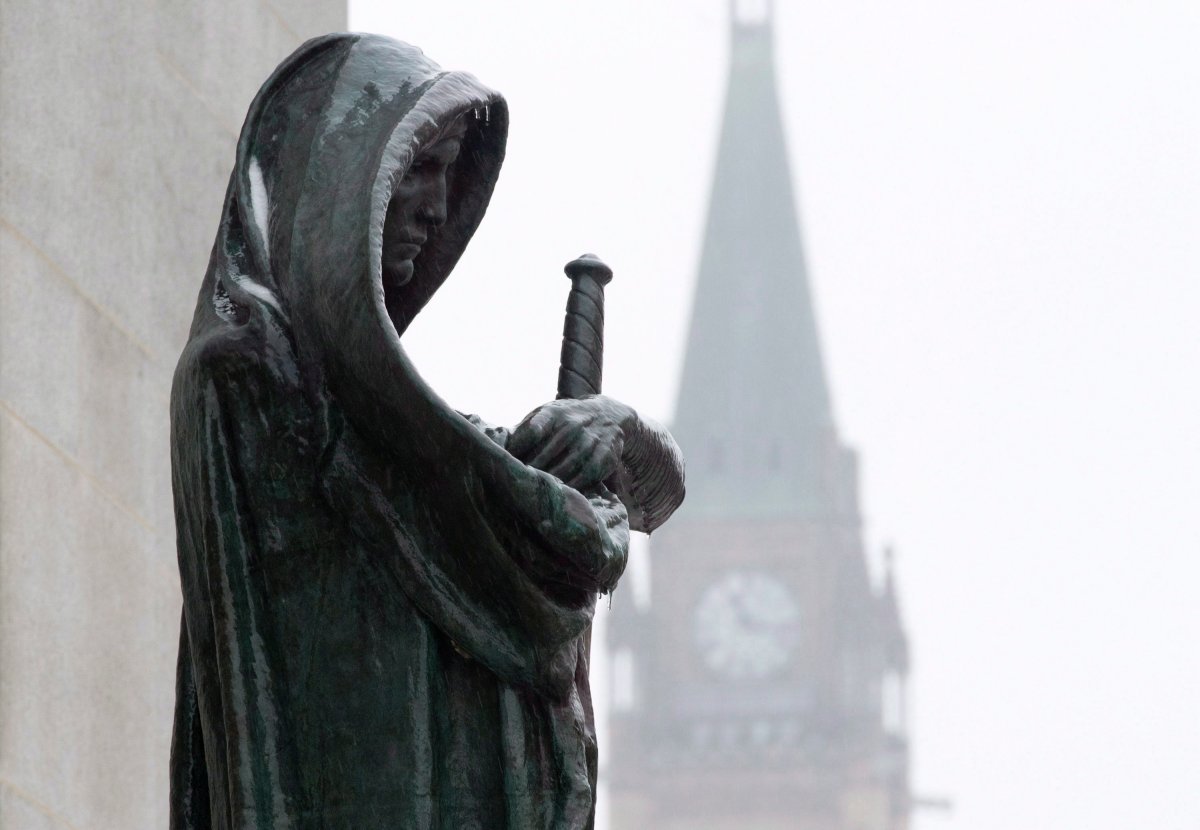OTTAWA – Canada’s top court will hear cases this fall that could impact the Conservatives’ tough-on-crime agenda.

The long-gun registry, assisted suicide and mandatory minimum sentences for gun crimes are all on the docket at the Supreme Court of Canada, with potentially huge ramifications for the government.
The first case takes place on Oct. 8. The Quebec government is taking Ottawa to court over the destruction of long-gun registry records, which Quebec argues is unconstitutional. The issue is: can the federal government order the Quebec registry to be destroyed?
The Conservatives repealed the registry – a major platform promise – in 2012, in every province but Quebec.
On Oct. 15, the high court will revisit the issue of assisted suicide, which is illegal in Canada.
The court will consider whether or not it’s a crime to help someone, typically suffering from a degenerative disease, to end their lives – an issue first debated in 1993 during the Sue Rodriguez case, which upheld the law.
This year’s case essentially considers the same arguments of whether the section of the Criminal Code violates someone’s Charter rights – except this time the plaintiffs say the “moral values” of the country have changed.
Based on filings with the court, the government will argue “absolute prohibition” on assisted suicide – saying it is necessary to protect the vulnerable.
READ MORE: Government to argue ‘absolute prohibition’ on assisted suicide in Canada
Fun fact: Chief Justice Beverley McLachlin was also on the bench during the Rodriguez case, and was among the dissenting opinions.
Another two cases to watch will be heard together on Nov. 7, and consider whether mandatory minimum sentences for weapons offences constitute “cruel and unusual punishment.”
The first has to do with a 19-year-old offender in Ontario who received a three-year sentence for possessing a fully loaded pistol at a community centre. And the second deals with a repeat offender with two prior convictions who received a seven-year sentence for illegally possessing a loaded semi-automatic gun.
Both pleaded guilty, but challenged their mandatory sentences.
Other cases this fall will consider:
- whether an airgun, or BB gun, constitutes a firearm;
- the proper representation of aboriginal people on juries;
- if religious objects in public violate someone’s freedom of religion and right to dignity.


Comments